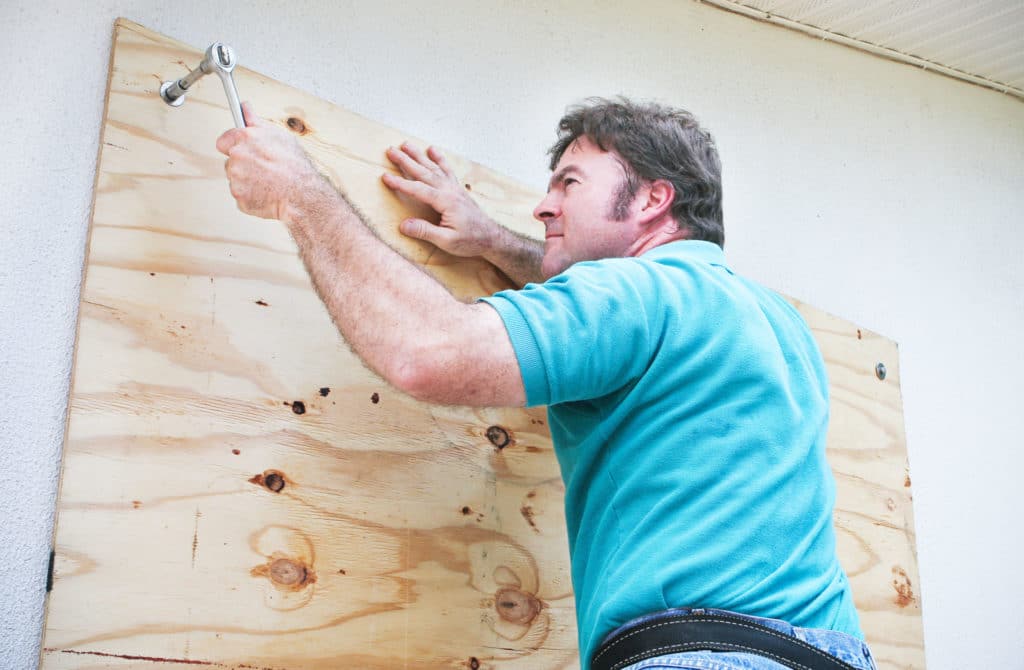 As a homeowner, a hurricane, as well as any strong storm, can prove to be your biggest nightmare. Storm damages caused by flooding, strong winds and airborne projectiles can cost thousands of dollars to fix. Of course, there are steps you can take to protect your property, but where do you begin?
As a homeowner, a hurricane, as well as any strong storm, can prove to be your biggest nightmare. Storm damages caused by flooding, strong winds and airborne projectiles can cost thousands of dollars to fix. Of course, there are steps you can take to protect your property, but where do you begin?
Check your insurance coverage
Your first step is a review of your homeowner’s insurance policy. If it seems insufficient, now is a good time to consider upgrading to a plan that will provide more extensive coverage.
Protect your property against flooding
Before storm season, spend an afternoon cleaning your gutters and downspouts to ensure they’re in optimal working order. During the next rainfall, do a quick scout of your external drains and pipes, checking that they’re working effectively and that there are no areas where water gathers. If you spot a problem, take note of what needs to be fixed and tackle the job as quickly as you can after the rain.
Inspect your property’s structure
Ensure there are no structural issues on your property that can be worsened by a hurricane. Shaky roofs, loose shingles and weakened external walls can all give storm winds entry to your home where they can do substantial damage. Check your windows, too, sealing up leaks and making sure the latches are secure. If your area is usually hit by strong storms, you may want to consider boarding up your windows in case of a hurricane, especially those facing the direction of the fiercest expected winds. You can do the same for your external doors.
Review your evacuation route
Prepare your evacuation route in advance and make plans for where you’d stay in case of a storm.
Stock up!
To ease your pre-storm prep, get your stock ready now. Designate an area in your home for storm supplies and keep it stocked with bottled water, flashlights, extra batteries, a first-aid kit and non-perishable food items. You might also want to purchase a crank-powered or battery-operated radio in case of a power outage.
Take last-minute precautions
Here are some last-minute measures you can take in the days before a storm hits your area:
- Secure a tarp over external air conditioning units to prevent damage by airborne projectiles.
- Walk through your property, removing any scattered debris and loose-hanging branches.
- Patch any visible foundation cracks around your home.
- If your home has a sump pump, clear any debris and check that it’s operating properly.
- Double-check to ensure your gutters are completely cleared.
- Consider sealing and boarding your windows and doors.
Hurricanes can cause extensive damage and demand careful preparation on your part. If you experience storm damage, or want to stock up on matierals, consider an affordable loan with convenient terms, or a low rate credit card for your disaster preparedness needs!
